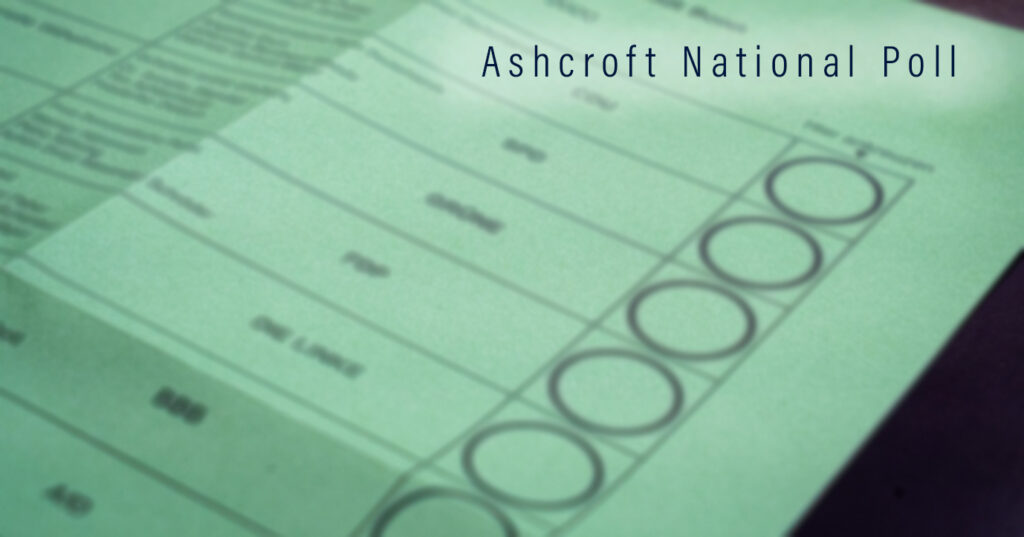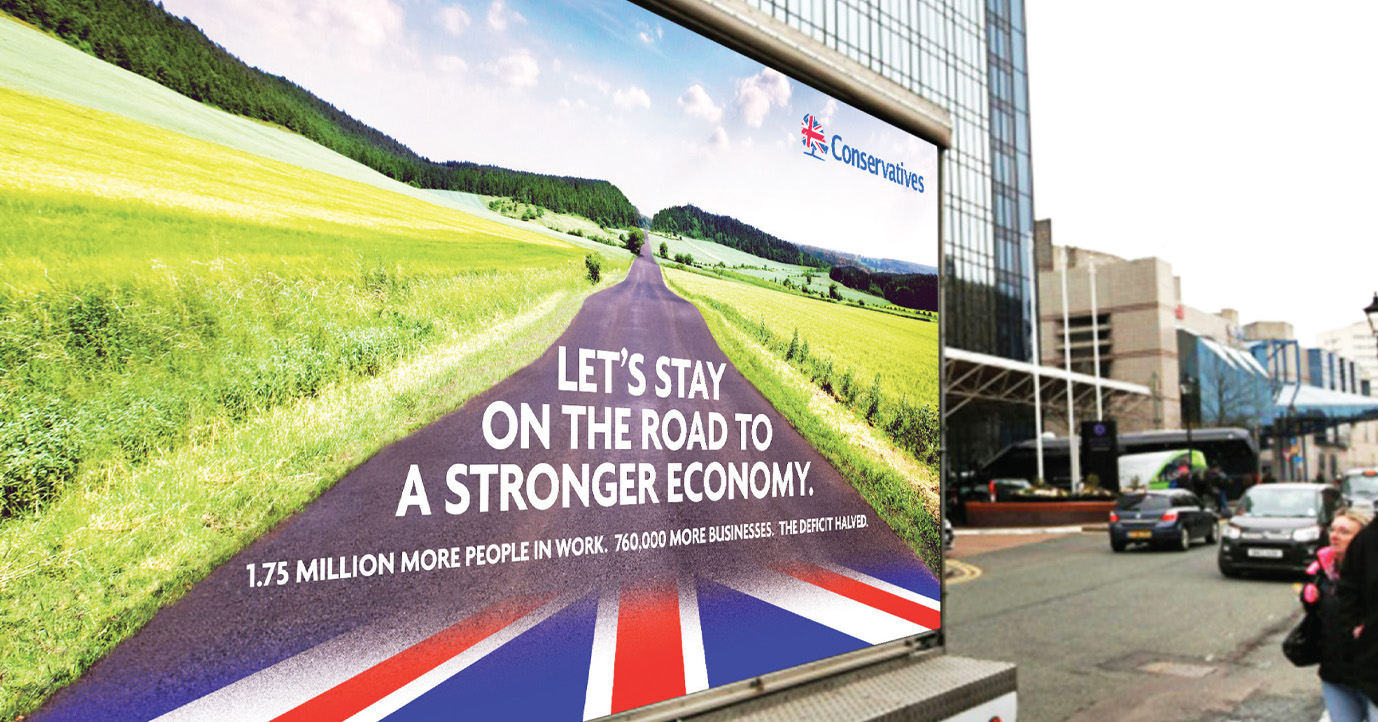
Labour are back in the lead by six points in this week’s Ashcroft National poll, conducted over the past weekend. The party remain unchanged on 33%, with the Conservatives on 27%, UKIP up three points to 17%, the Liberal Democrats and Greens static on 9% and 6% respectively, and Others up two points to 8%. The margin is comparable to the five-point Labour advantage in yesterday’s YouGov’s poll, which also found the party’s advantage up on last week.
The restoration of Labour’s lead in the ANP results from a six-point fall in the Tory share, with no other significant movements. However, figures in polling tend to scatter around the mean, so it is important to look at the longer term pattern rather than week-to-week changes. It remains the case that in the ANP the Conservatives have been within the margin of error of 30% since early summer, with Labour consistently close to 34%.
Last week, ahead of the Labour conference, I asked what reservations people had about voting for the party. This week I asked a similar question about the Conservatives. Six in ten said one of their concerns about voting Tory would be that “they have not made clear what they would do in the years after 2015” – exactly the same proportion who said last weekend that Labour had not made clear what they would do to improve things.
Similar numbers (61%) said they were concerned that the Tories “have gone too far with austerity and the cuts in public spending and services they have already made”. However, seven in ten – including nearly half (48%) of Conservative voters – said they were worried that “they might go too far with austerity and cuts in public spending and services in the future”.
When it came to the promise of a referendum on Britain’s membership of the EU, 45% of Conservative voters and 71% of UKIP voters were worried that the Tories would somehow fail to keep their promise. For others, the bigger concern in this area was that the Conservatives’ promise of an EU referendum “means Britain could end up leaving the EU” – a fear for 64% of current Labour voters, 79% of Lib Dems and 52% of UKIP supporters.
These reservations no doubt have a part to play when it comes to people’s preferences for the outcome of the next election. A Labour government was the most popular result, though chosen by only 34%, with just under a quarter (24%) preferring a Conservative government. Just over a quarter (26%), including more than one third (35%) of swing voters, said they would like to see another coalition involving the Lib Dems. Lib Dem supporters themselves were evenly divided as to whom they would like to be in coalition with: 43% named Labour and 42% the Conservatives.
Only just under three quarters of Tory voters (74%) and 78% of Labour supporters wanted to see their respective parties in office alone. Fifteen per cent of Conservatives and 16% of Labour voters would rather see their parties in coalition with the Lib Dems than governing with an overall majority.
David Cameron retains his comfortable advantage over Ed Miliband on most aspects of the job of Prime Minister. Miliband leads by 49% to 33% on “understanding ordinary people”, though this is likely to be as much a reflection of his party’s brand as his own. Majorities said Cameron would do a better job when it comes to representing Britain in international negotiations (58%, including 41% of Labour voters), making the right decisions even when they are unpopular (55%), being able to lead a team (55%), having a clear idea what he wants to achieve (55%) and doing the job of Prime Minister overall (55%).


